SC clears foreign funding for voluntary bodies crusading for public causes and civil rights
In a breather in these hyper-choked times of regulated democracy and a big relief to rights-based groups, the Supreme Court has ruled that the Government cannot stop foreign funding of non-governmental organisations (NGOs) that fight citizens’ causes through democratic means. In other words, it spares them from being punished for dissent or protest over declared Government policies that impinge on human rights. Further, it grants them the constitutional right to be heard and conduct their campaigns fairly without fear of hitbacks or clampdowns. Through its consecutive regimes, the Narendra Modi Government has often run down civil rights movements as a conspiracy of the West to besmirch India’s image and present a lopsided view of our rights record. Its crackdown on foreign funding of “unfriendly” non-profit organisations had led to a whopping 40 per cent fall in overseas fund flows by 2017-18, says an industry report by Bain & Co. About 20,000 NGOs were affected. The ruling is significant simply because it re-establishes the primacy of democratic practices at a time when they are under threat of being stifled. The court said that curtailing an NGO’s right to access foreign donations was in violation of the fundamental rights guaranteed under Articles 19(1)(a) and 19(1)(c) of the Constitution relating to free speech and peaceful protests. Ending two contentious provisions of the Foreign Contribution Regulation Act (FCRA), 2010, that allowed the Government to clamp down on all dissent and critiques, the court held that if an NGO was not pursuing a political goal or objective, it could not be penalised for supporting public causes through demonstrations and strikes. In other words, the anti-CAA or student protests cannot be legally classified as being foreign-funded. The ruling also ends confusion over what qualifies as “political interests”, an amorphous code that the Government had been using to disqualify movements or groups opposed to it. Earlier, Rule 3 (vi) of FCRA was categorical that any NGO, which used common protest methods like strikes, shutdowns, sit-ins, demonstrations, rail roko or jail bharo agitations in support of public causes, could be declared as an organisation of a “political nature.” This provision gave the Government unguided and limitless powers to label any organisation it didn’t like as mischievous in intent and cancel its foreign funding. Now, as per the court order, the Centre is required to take into account the activities and ideology of the NGO, including its association with activities of any political party, before declaring it as an organisation of “political nature.” While hitting out at the Government, the apex court also restricted other political parties from having front organisations and funnelling funds, saying such outfits would not escape the rigour of the Act if evidence was strong enough.
Many civil society bodies, including the Indian Social Action Forum, TARSHI Delhi, Ford Foundation, Greenpeace India, Amnesty International India and the Centre for Social Justice, have been fighting against the “abuse of legal procedures” and “the use of the FCRA as a tool of repression.” Even India’s top human rights watchdog, the National Human Rights Commission, had issued a notice to the Home Ministry on the issue in 2018. Still, it cancelled the licences of those engaged in rights-based advocacy work. The Home Ministry had time and again justified these actions, saying it had no place for bias but was just focussing on technical violations of the FCRA. Incidentally, the original FCRA came into force in 1976 during the Emergency of the Congress era and prohibited MPs, electoral candidates, political parties, judges and media organisations from accepting foreign contributions. However, the FCRA was amended by the Finance Bill 2016 and those changes made it more severe than its predecessor as it targetted “organisations of a political nature.” The new law also put a 50 per cent cap on the proportion of foreign donations, thereby controlling the way NGOs spent their money and made it mandatory for them to renew their licence every five years. This gave the Government the power to decide whether an NGO could renew its licence or not. In its continued onslaught, the Government had also cut short the term of Nachiket Mor, the country director of Bill & Melinda Gates Foundation, from the RBI’s central board after the RSS-affiliated Swadeshi Jagran Manch lobbied for his removal. As the Central bank oversees funding for NGOs coming from abroad, Mor was believed to act as a facilitator of liberal interests rather than being a proponent of Government agenda. However, thanks to the judiciary, once again the democratic right to freedom of expression will remain alive and kicking.
(Courtesy: The Pioneer)







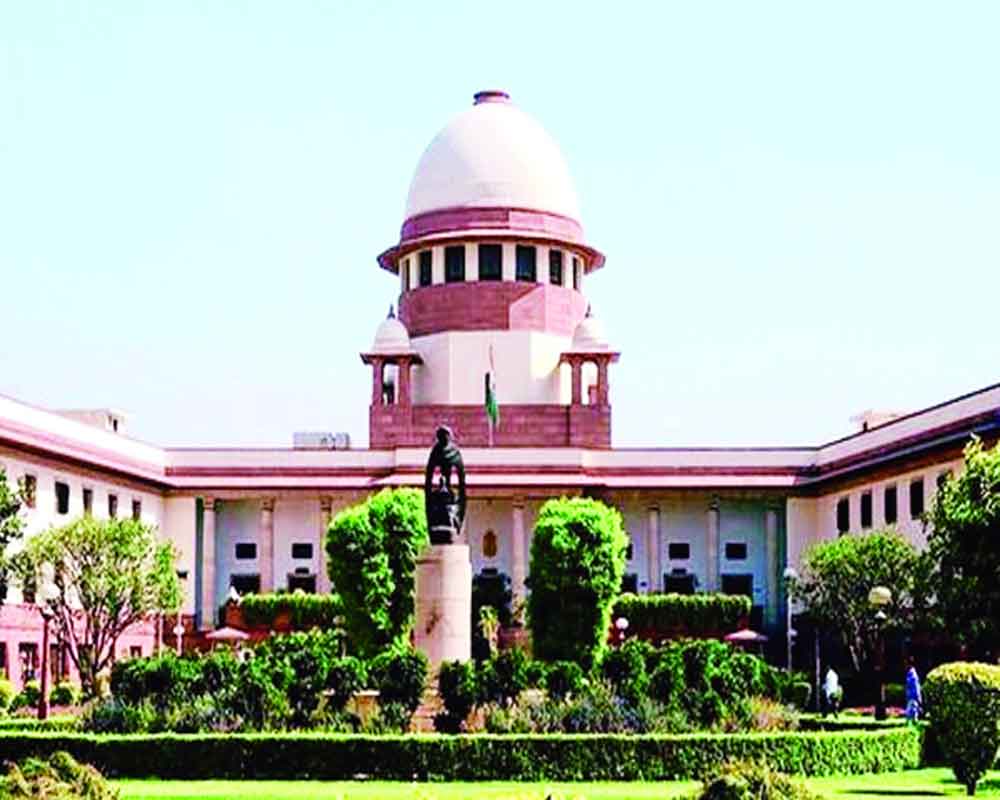
 OpinionExpress.In
OpinionExpress.In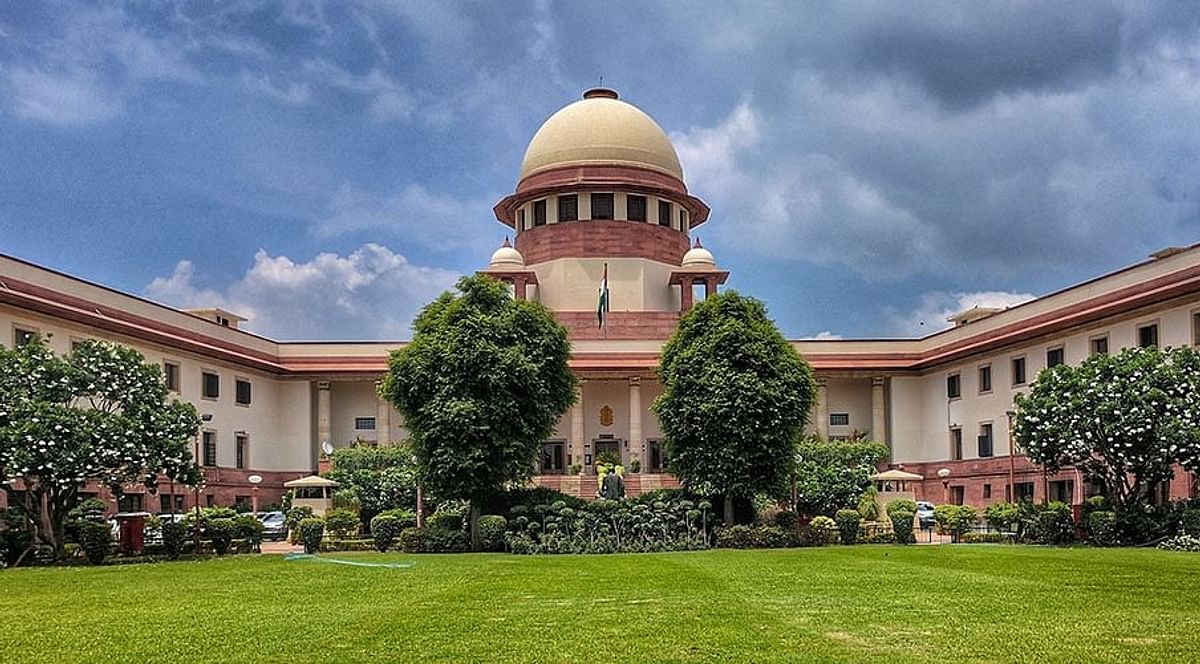
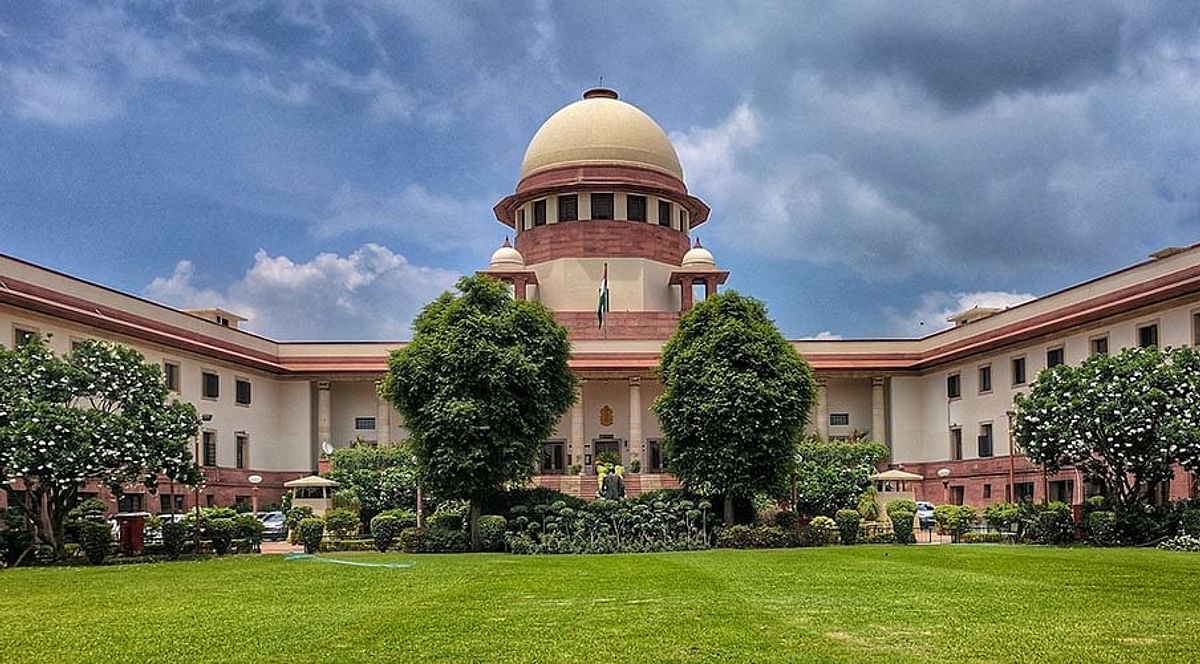
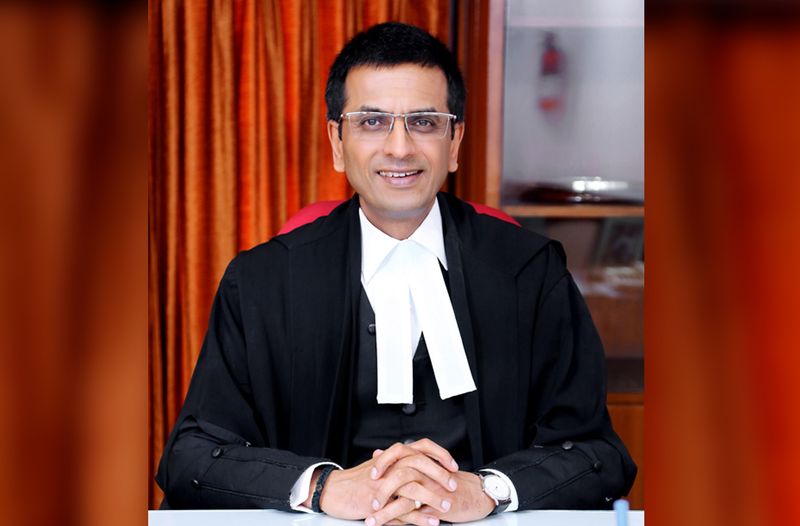
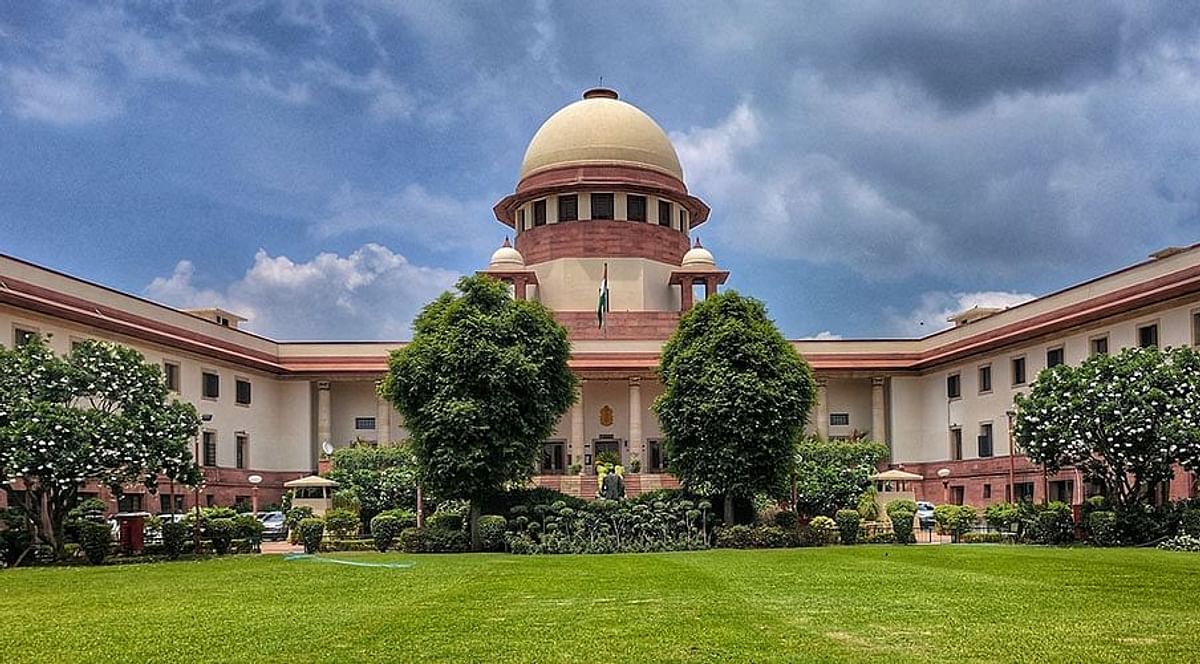
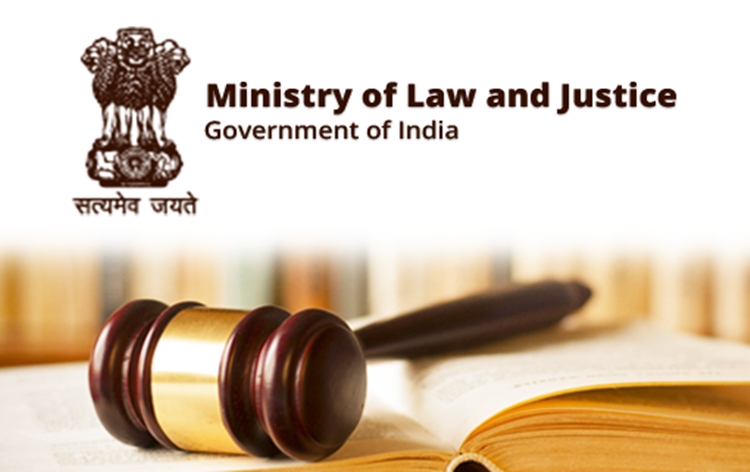
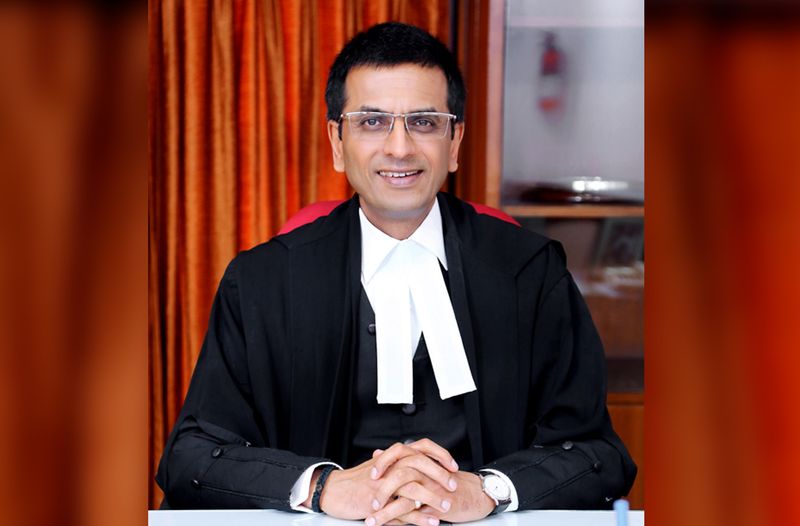
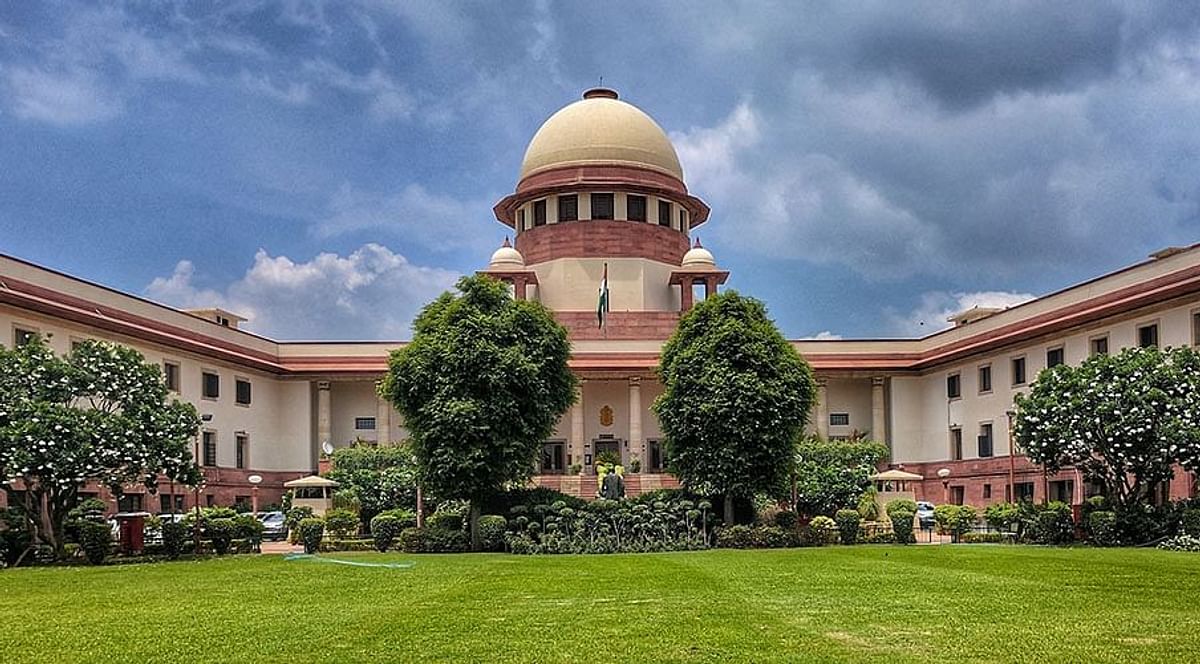
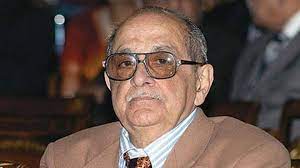
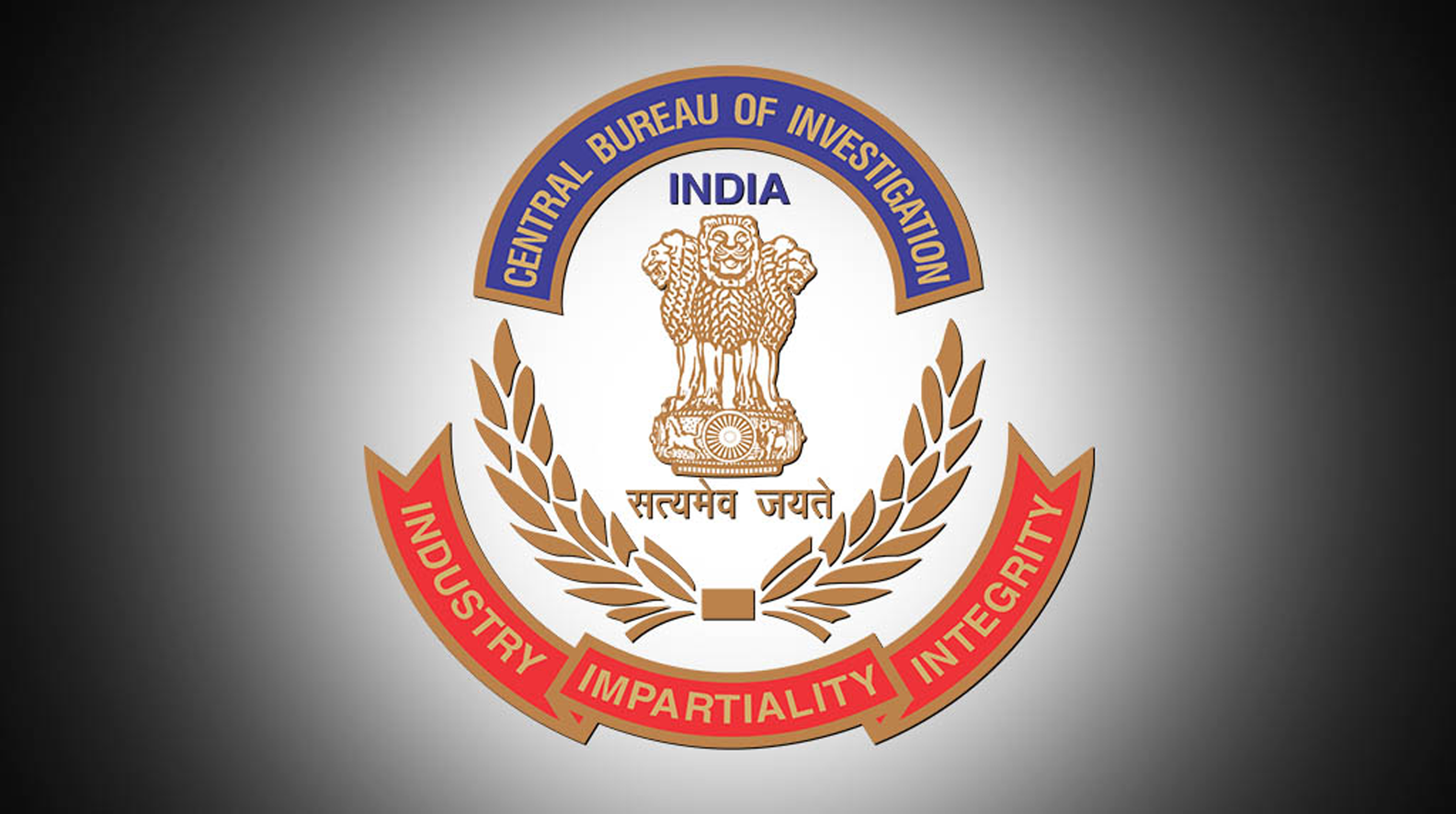
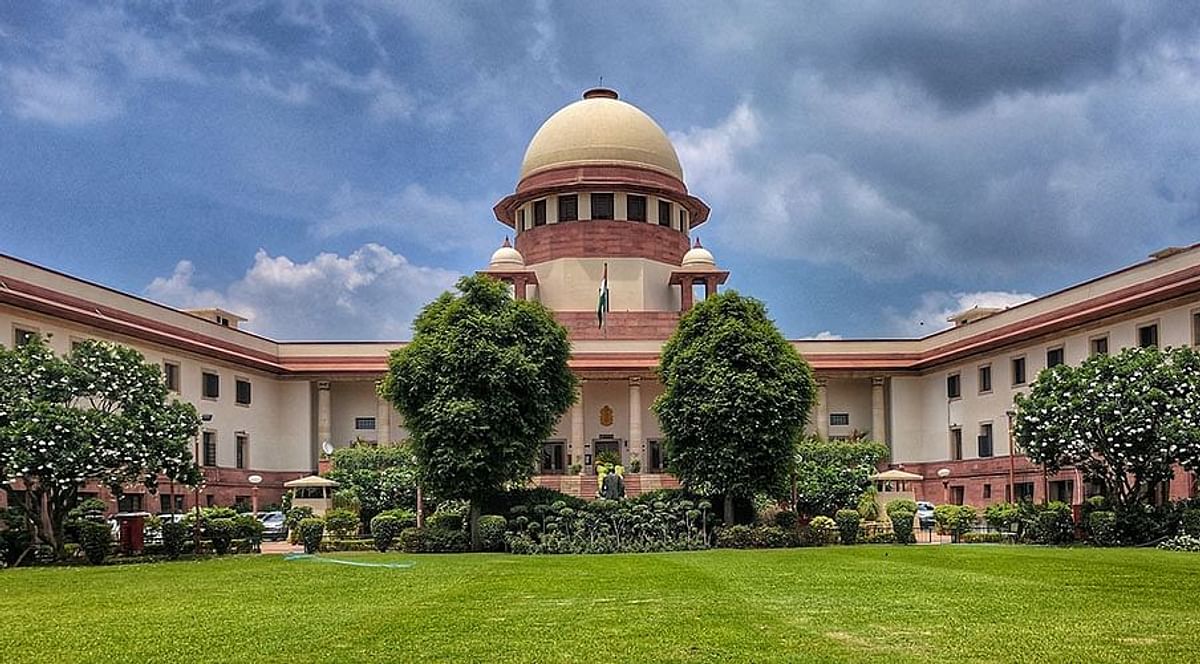






Comments (0)